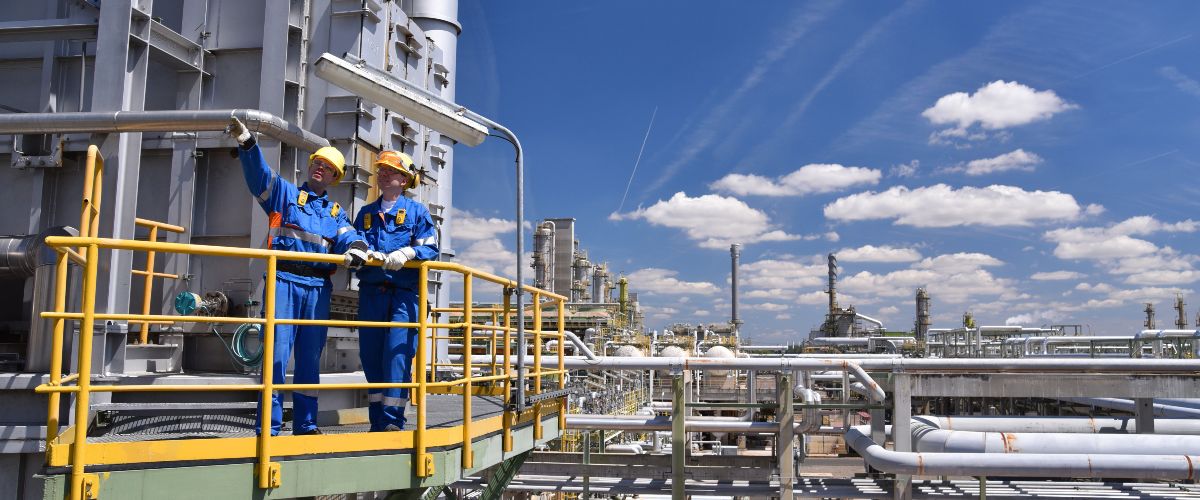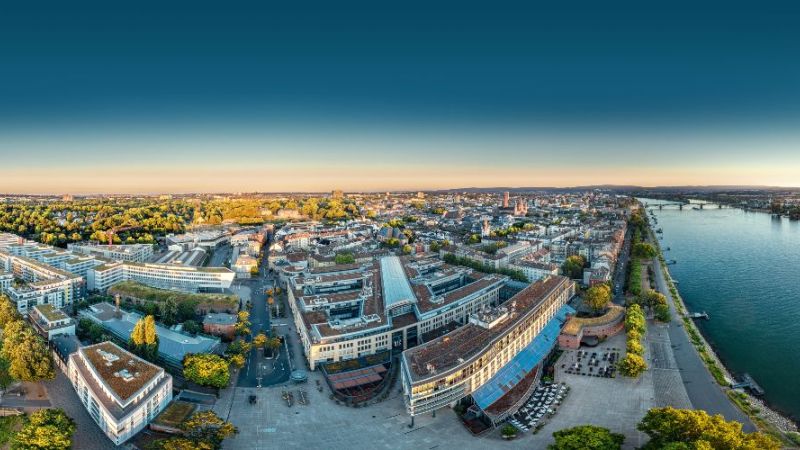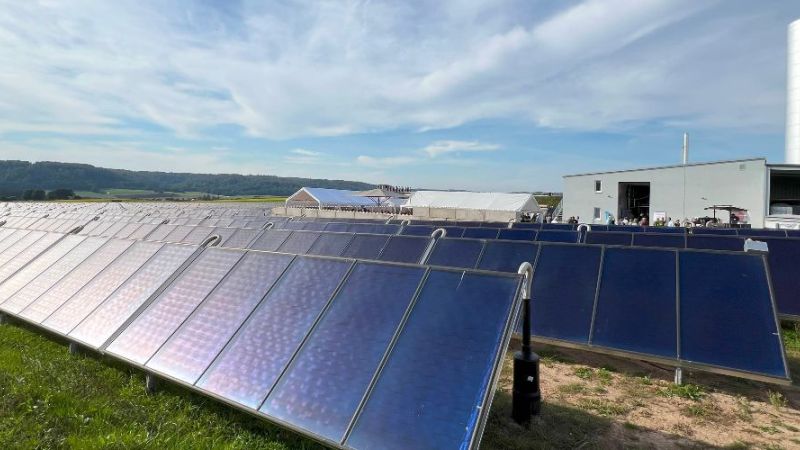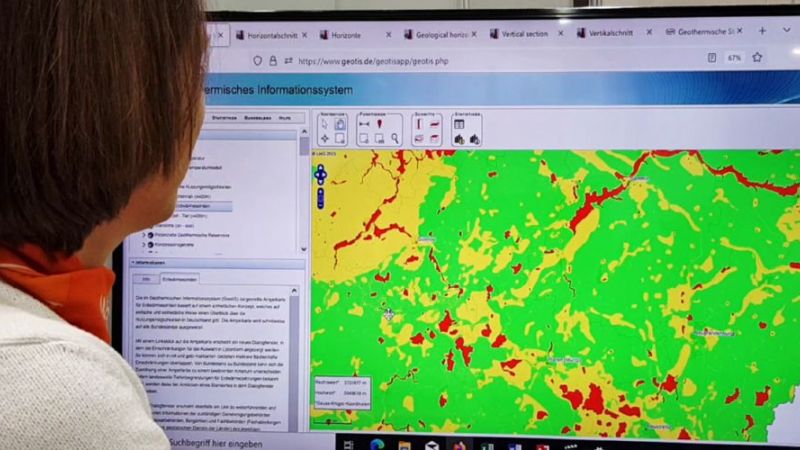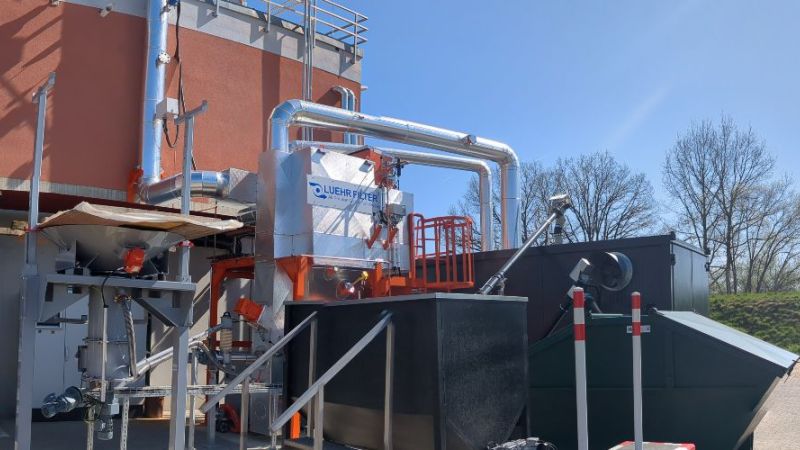Industry And Commerce
Great need for research on industry and commerce
As one of the main consumption sectors, the efficient use of energy in industry, commerce, trade and services (IGHD) has a decisive potential for reducing GHG emissions globally and achieving climate targets. Industrial processes in all sectors and technology areas must be adapted to the changing energy supply while maintaining economic efficiency and process reliability.
Eligible research content on industry and commerce
The research objectives are switching to the use of renewable energies (especially electricity and hydrogen, but also renewable heat from geothermal and solar thermal energy), reducing energy and resource consumption, increasing overall efficiency and increasing the flexibility and resilience of industrial production. As an energy consumer and supplier, industry can thus also contribute to the security and resilience of the energy system.
A particular challenge in the field of IGHD is to find the best possible compromise between the type of energy used and the production, manufacturing and machining process to be operated efficiently. When selecting suitable optimisation measures, the decisive factor is not so much the individual process step as the energy consumption in the overall life cycle of the products and systems, which spans the entire value chain, the use phase and processing or disposal at the end of life.
One important aspect is covering the heating and cooling requirements in industrial processes. This plays a central role both in the high-temperature range and at medium and low temperatures. Whereas in the past, thermal energy was often provided by fossil fuels such as natural gas, the transformation of industry will in future see the use of heat pumps with a wide range of temperatures and outputs, burners and ovens fuelled by biogenic or synthetic fuels, direct electric heating and solar process heat. Heat storage systems and their complex system integration as well as intelligent process management and waste heat utilisation will also be used. This requires research and development at component, system and process level.
In addition, thermal processes must be substituted or supplemented using newly developed, energy-saving processes in order to reduce the overall heat requirement and avoid waste heat. Unavoidable waste heat, on the other hand, can be utilised directly in the process, in the company or by feeding it into local and district heating networks and thermal storage facilities. Further research and development activities are required here in order to harmonise supply and demand, temperature levels and other parameters and to control the resulting dependencies in the heat supply in a resilient manner.
The electrification of industry is linked to the further development or disruptive new development of systems and processes. In addition, the sharp rise in electricity consumption due to electrification must be adapted to the dynamic supply of electricity or decoupled from it, for example through load shifting, flexibilisation of production processes and energy storage. Decentralised power generation, for example based on combined heat and power (CHP), organic rankine cycles (ORC) or thermoelectric generators (TEG) with the simultaneous use of industrial waste heat, as well as hybrid systems with various renewable energy sources can also contribute to relieving the burden on the power grid. The development of optimised process and energy management systems is optimally supported by the use of new digital methods.
Wherever electricity-based process management is not possible, non-fossil alternatives must be created. Green hydrogen, green ammonia, biogas or bio methane are alternatives to fossil fuels and reactants. Their use requires further technological development in order to substitute the traditional use of natural gas and crude oil in a reliable process while maintaining product quality.
Other relevant energy research topics on industry and commerce
Funding is not limited to innovations in product-oriented industrial processes and technologies, but also includes production-oriented logistics and maintenance, operational management as well as the security of supply and resilience of industrial sites to internal and external disruptions and operational failures.
The transfer of research findings and innovations into practice is often associated with the scaling up of systems to production scale and the need for further development. The funding of "industrial model projects" is intended to support the integration of developed solutions into industrial processes and facilitate the transition from research to operation. The corresponding projects are characterised by a high degree of technological maturity as well as the scaling and initial integration of a new technology into the operation of a production plant.
In addition, research projects are eligible for funding that investigate scientific issues relating to investment funding projects of other funding programmes for innovative industrial plants or energy provision through innovative technologies in the industrial and commercial sector. This means that major transformation projects in the industrial sector can be evaluated using measurement technology, scientifically monitored and optimised for use and future applications.

